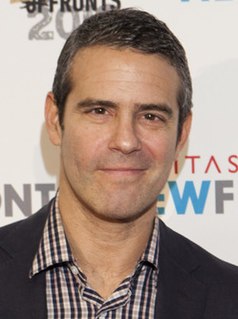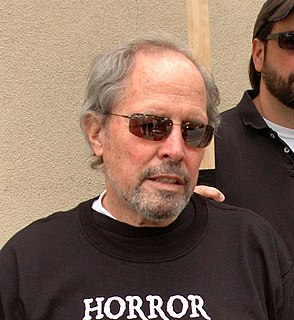A Quote by Annalee Newitz
It is true that I will confess that I have an incredible fascination for pop-culture stories about the Apocalypse and the end of the world.
Quote Topics
Related Quotes
Fanfiction is what literature might look like if it were reinvented from scratch after a nuclear apocalypse by a band of brilliant pop-culture junkies trapped in a sealed bunker. They don't do it for money. That's not what it's about. The writers write it and put it up online just for the satisfaction. They're fans, but they're not silent, couchbound consumers of media. The culture talks to them, and they talk back to the culture in its own language.
Anthropologists visit the temple sites and read the inscriptions and make up stories about the Maya, but they do not read the signs correctly. Its just their imagination. Other people write about prophecy in the name of the Maya. They say that the world will end in December 2012. The Mayan elders are angry with this. The world will not end. It will be transformed.
I've found that no one complains about pop culture being a source of someone lecturing to them. If someone's telling you about Kim Kardashian, you're not going to accuse them of lecturing to you. If I can explore an intersection between pop culture and science literacy, then it generally will not come across as a lecture.
People ask me about 'The Hurt Locker' a lot, and it's an incredible piece of filmmaking - as are 'Band of Brothers' and 'Platoon' and 'Full Metal Jacket' and 'Apocalypse Now.' But they're not necessarily true to war in a literal sense. What they are, really, are brilliant movies about Hollywood's idea of war.
The language of the culture also reflects the stories of the culture. One word or simple phrasal labels often describe the story adequately enough in what we have termed culturally common stories. To some extent, the stories of a culture are observable by inspecting the vocabulary of that culture. Often entire stories are embodied in one very culture-specific word. The story words unique to a culture reveal cultural differences.
































